Keywords: Rest
There are more than 200 results, only the first 200 are displayed here.
-
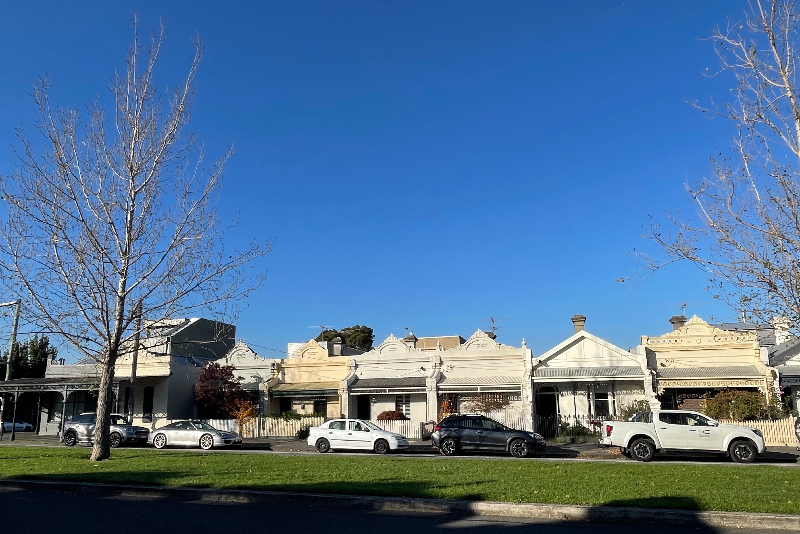
ARTS AND CULTURE
Election day. Mid-afternoon. 21 May 2022. I make my way to Canning Street, Carlton North. Stop by my childhood home, a single-fronted terrace, the neighbourhood of my youth. In the 1950s election day was a happy day in that rented house, conveniently close to the factories of Brunswick, and the Victoria Market where my father was a stallholder. My parents loved the three-block walk to the polling booths, located in Lee Street, our local primary school. They were elated at having the right to vote. From where they came, this right had been brutally taken from them.
READ MORE 
-
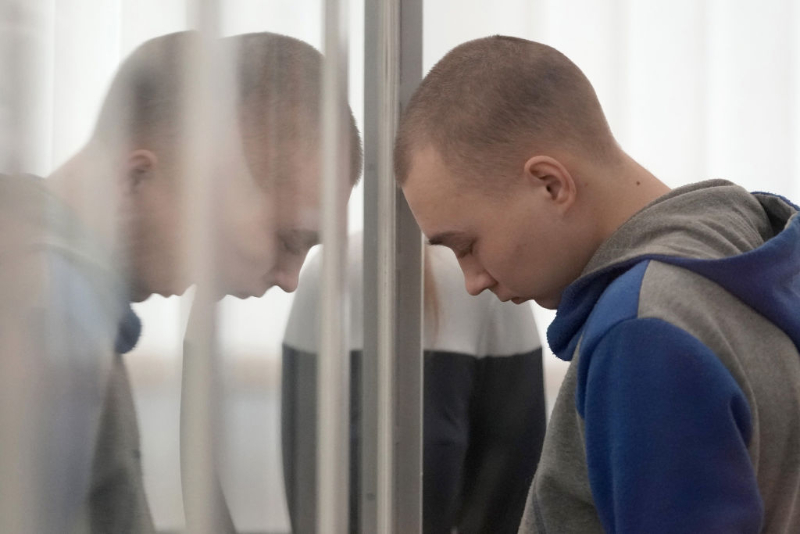
INTERNATIONAL
- Gillian Bouras
- 26 May 2022
14 Comments
In the photo I have just seen Vadim Shishimarin is in the dock, hanging his head. He is 21, but looks about 15 as he stands there in the polycarbonate box, the first Russian soldier to be charged and tried in Ukraine for a war crime. He holds the rank of sergeant and was a tank commander. At 21? (I’m embarrassed to recall how immature I was at 21.) It is likely he has a mother: I wonder how she is feeling right now, but think I can make a good guess.
READ MORE 
-
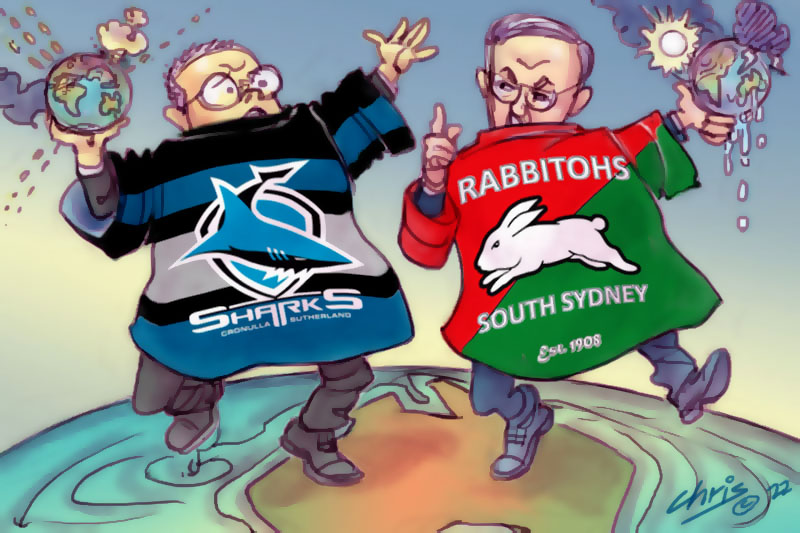
AUSTRALIA
- Julian Butler
- 12 May 2022
3 Comments
Election campaigns can be defined by all sorts of things. Gaffes, negative ads, international incidents, public policy. It is trite but no less true to say that this federal election campaign has been much more about the first three rather than the last. The policy discussion has been edged into the election mix most seriously by various interest groups and by some of the macro party and independent candidates seeking election.
READ MORE 
-
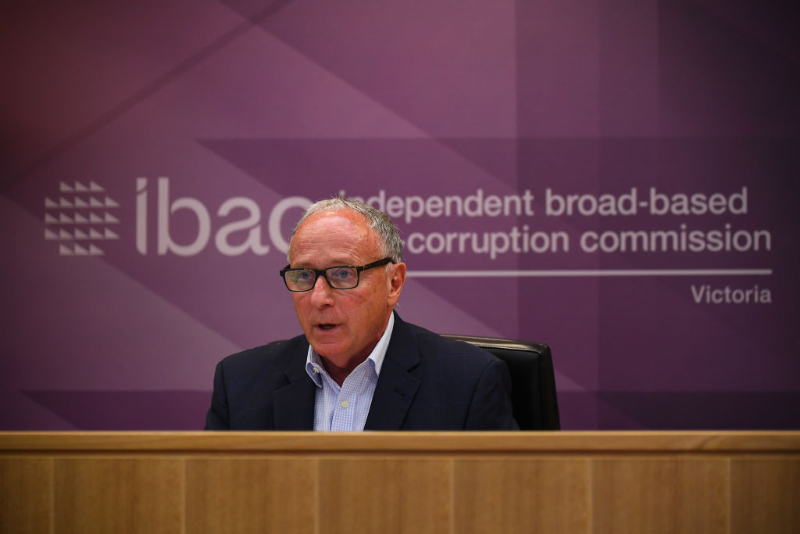
AUSTRALIA
- Andrew Hamilton
- 11 May 2022
7 Comments
In the election campaign the need for an integrity commission has been a minor issue. Many independent candidates have supported it, but the major parties seem to have concluded that it will not significantly shape the way people vote. Yet given the evidence of a lack of integrity in behaviour by and within governing parties both at Federal and State level, the nature and importance of integrity in the processes of government deserve reflection.
READ MORE 
-
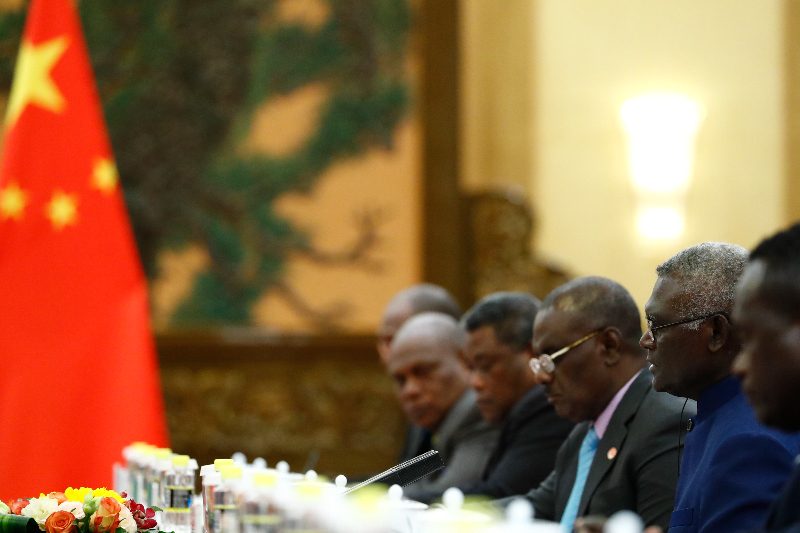
INTERNATIONAL
- Binoy Kampmark
- 10 May 2022
8 Comments
On May 3, the Prime Minister of the Solomon Islands, Manasseh Sogavare, vented his fury in parliament at ‘the continual demonstration of lack of trust by the concerned parties, and tacit warning of military intervention in Solomon Islands if their national interest is undermined in Solomon Islands.’ The targets of the speech — Australia and the United States — were clear enough.
READ MORE 
-
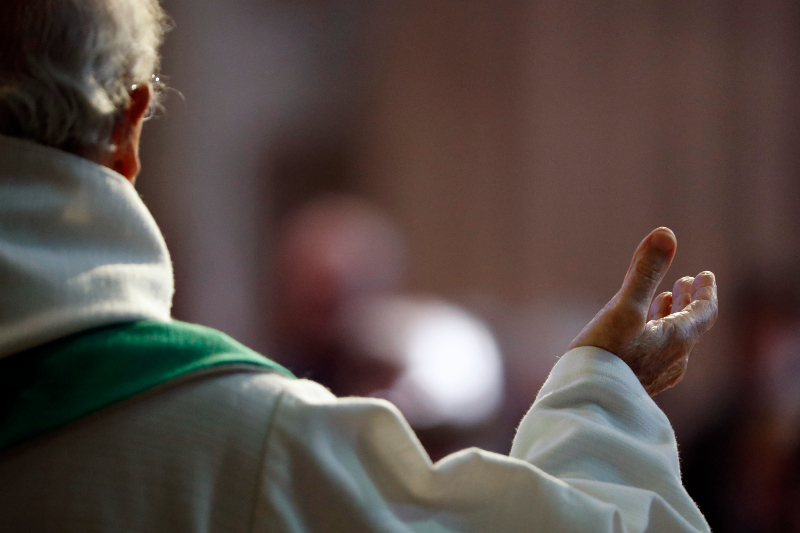
RELIGION
- Andrew Hamilton
- 03 May 2022
9 Comments
We should not underestimate the difficulty that people who represent independent branches of the same organization face when drawing up an agreed statement on contentious issues. Even the widely applauded Uluru Statement from the Heart did not secure the support of all Indigenous groups. If the Bishops Statement was to be effective it had to be supported, or at least tolerated, by all members of the Conference, despite their differing views about political and church issues and the priority that should be given to them in advocacy.
READ MORE 
-
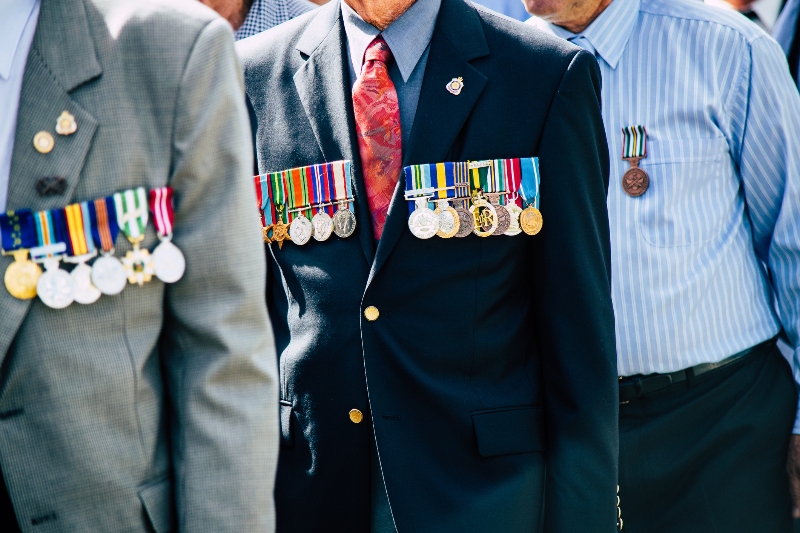
AUSTRALIA
- Andrew Hamilton
- 21 April 2022
34 Comments
This year Anzac Day promises to be a subdued celebration with local events in which people who have fought in wars and their relatives can take part. Few will be able to travel to Gallipoli to remember the invasion. The focus of the day will remain rightly on the sorrow of war and not on the heroic achievements of soldiers or on deemed distinctive Australian qualities displayed at Gallipoli. The association of soldiers at Gallipoli with footballers playing their games on Anzac Day will seem not only crass but ridiculous.
READ MORE 
-

AUSTRALIA
- Andrew Hamilton
- 13 April 2022
11 Comments
In our culture, Easter celebrates the benignity of the ordinary. It is a time for getting together with family, for going away to bush or beach, and in southern states a time of mild weather ideal for watching big football matches and other sport. The important question raised now by Easter is whether the meanings of Australian Easter, and indeed those available to our secular society, have the depth needed to handle our present predicaments.
READ MORE 
-
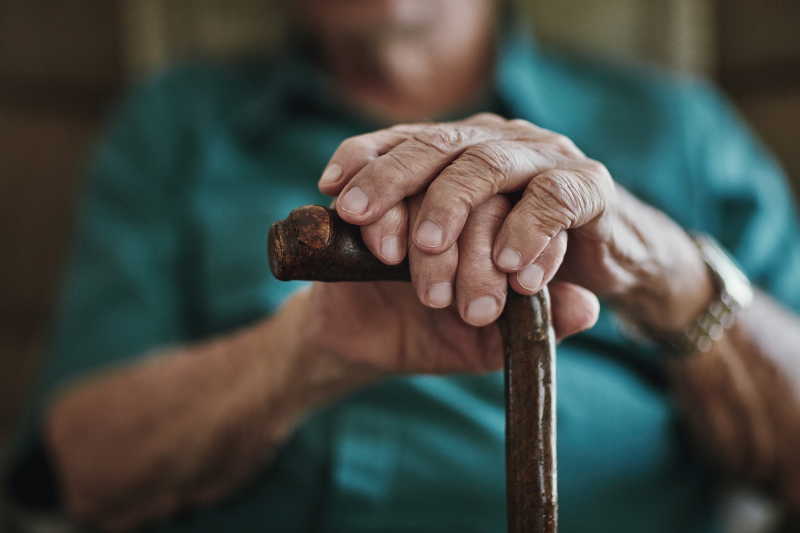
AUSTRALIA
- Zacharias Szumer
- 05 April 2022
6 Comments
Like the aged care sector more broadly, home care is in the process of transition as the federal government implements a system designed around the principles of consumer choice and efficiency. The push is driven by expectations that the number of Australians accessing aged care services will more than triple by 2050.
READ MORE 
-
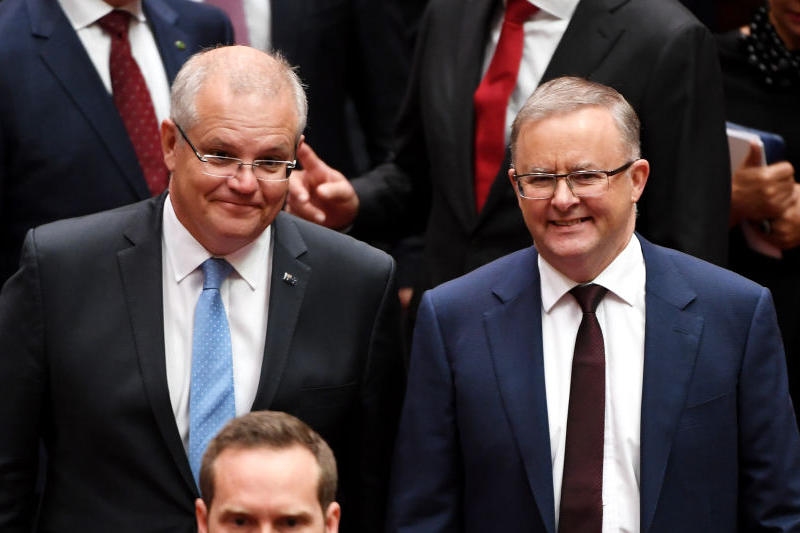
AUSTRALIA
- Andrew Hamilton
- 30 March 2022
6 Comments
By attending to the faces of people who are seen as props to the election campaign, and developing an interest in the background of social change in different parts of Australia, we gain a deeper understanding of Australia and its needs. At one level election campaigns are all showbiz and make believe, but at another the humanity that they can never quite stifle also punctures the images that the contesting partners project of Australia.
READ MORE 
-
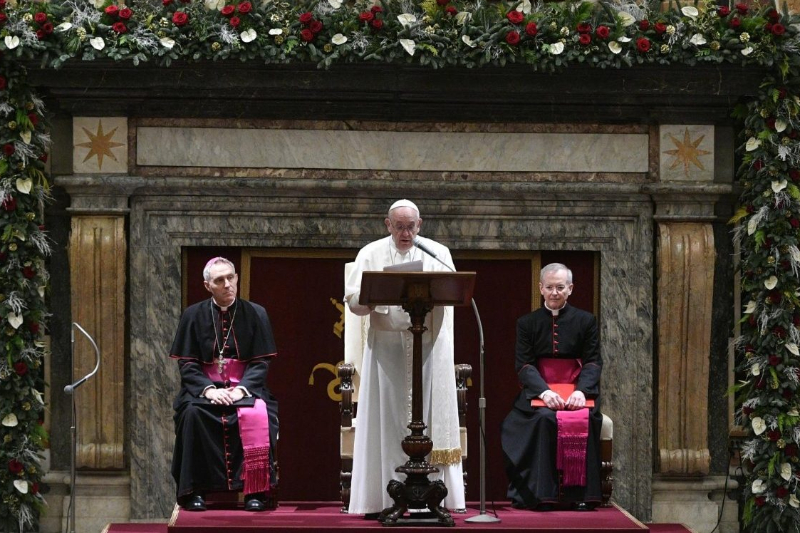
RELIGION
- Brian Lucas
- 29 March 2022
12 Comments
Prior to the conclave that elected Pope Francis, the Cardinals who met together identified the need for a reform of the Vatican finances and a broader reform of the Roman Curia. Shortly after Francis was elected, work began on the reform of the Roman Curia. There was wide consultation including with the various bishops’ conferences around the world.
READ MORE 
-

ARTS AND CULTURE
- Cherie Gilmour
- 29 March 2022
13 Comments
A house bursts into flames as it’s submerged in floodwaters. A doctor tells a cameraman filming a dying Ukrainian child to send the footage to Putin. A newspaper delves into the murder of a young woman. It’s like a fever dream: a pandemic bleeds into the edges of a global war. The news presents information, and it has no moral duty to tell us how we should feel about it or help us untangle the knot of feelings which emerge.
READ MORE 